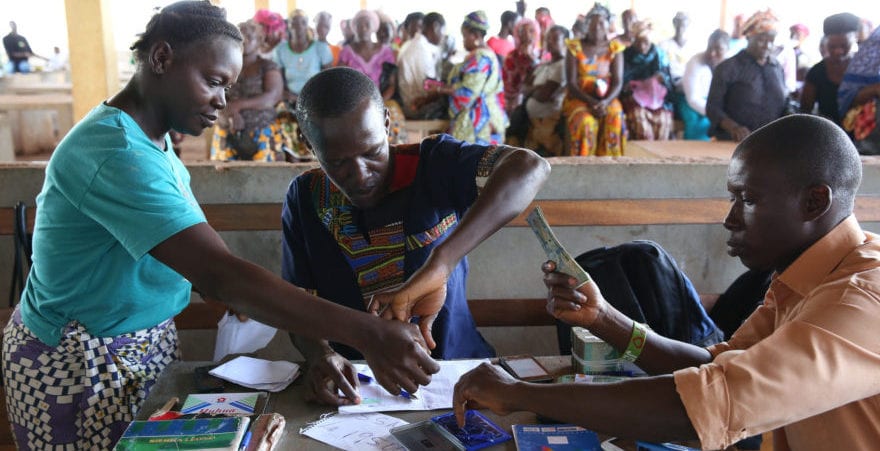Carlos Rodríguez-Castelán, a senior economist for Poverty and Equity Global Practice at the World Bank Group, has written a policy research working paper analysing conditional cash transfer programmes. Such conditional policies provide cash transfers to households only if they meet requirements – such as school attendance or health checkups – thought to be beneficial in terms of poverty alleviation. The intention is that poverty is addressed in two ways: through the cash payment in the short term, and through the “human capital formation” realised through the conditions in the longer term.
A worry, however, is that the poorest households are excluded from such programmes, as they are the least likely to be able to meet the conditions of the transfer:
“Because targeted transfers are usually conditioned on the consumption of normal goods, richer eligible households are more likely to consume more educational and health care opportunities than poorer ones. Thus, the eligible poorest households may benefit least from conditional cash transfers even to the extent that they may not participate at all.”
Of particular relevance to the question of basic income (defined as universal, individual, and unconditional) is the finding that, for governments that care about how poor the poorest are, rather than merely the proportion of residents who are classed as poor, “unconditional cash transfers may be preferable over conditional cash transfers”.
Carlos Rodríguez-Castelán, “Conditionality as Targeting? Participation and Distributional Effects of Conditional Cash Transfers,” World Bank Group, January 11, 2017.
Reviewed by Cameron McLeod
Photo: Receiving cash transfer payments, CC BY-NC-ND 2.0 World Bank Photo Collection


